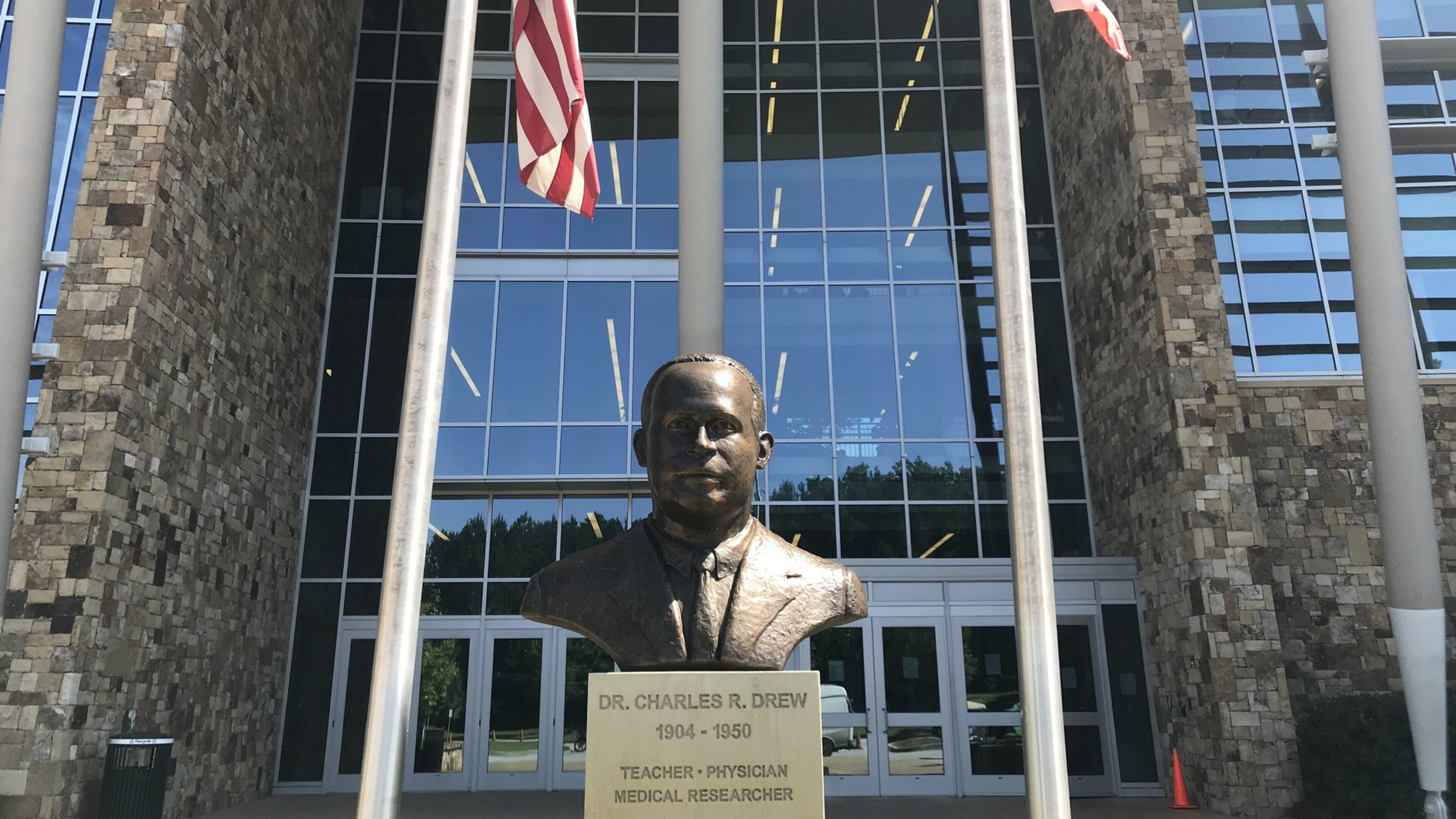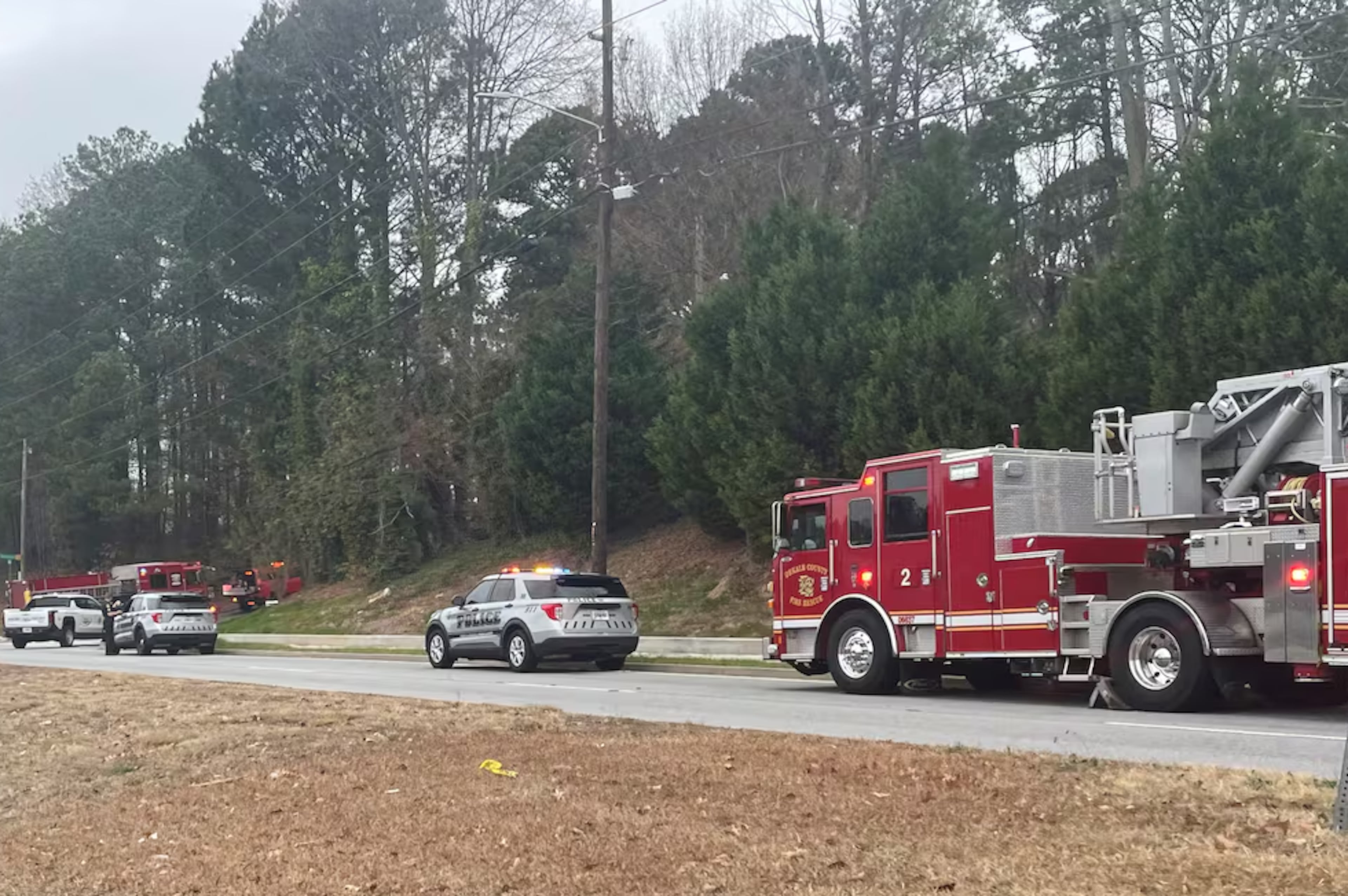Atlanta’s charter schools slower to reopen than district-run schools

Atlanta Public Schools resumed in-person learning in recent weeks with a notable exception. Most of the district’s two dozen charter and partner schools, which enroll about a quarter of APS’ 51,000 students, are still online only.
The schools operate under contracts that afford them more freedom than traditional district-run schools, and many delayed reopening instead of following APS’ timeline. Charter school leaders said their decisions reflect the needs of the families they serve.
“[We are] happy to have the flexibility to do our own thing when our community wasn’t ready for it,” said Dave Howland, spokesman for KIPP Metro Atlanta Schools.
APS reported 482 cases of the coronavirus since late August, including 16 employees and 13 students for the week ending Feb. 19. More than 12,500 COVID-19 cases were reported across eight metro Atlanta school districts since the school year began.
KIPP is the district’s largest charter-school operator, with more than 4,000 students enrolled in nine Atlanta schools. KIPP will bring a small group of students back on March 16 but will wait until April 19 to extend the in-person learning option to all students.
Other charters also are taking more time to reopen than the district’s traditional schools, where students began returning in phases in late January.
Drew Charter School will bring students back in two waves on Monday and on March 8, while keeping an online option.
Purpose Built Schools Atlanta, which runs four schools on the city’s south side, will wait until March 15. A key factor for Purpose Built is “the higher risk that COVID-19 presents to our predominantly African-American population of students, families and staff,” said CEO Greg Giornelli, in an email.
Atlanta’s three Kindezi schools will offer the option of in-person learning on Tuesdays and Thursdays starting March 16.
Centennial Academy, located near Georgia Tech, is tracking the declining number of Fulton County COVID-19 cases and hopes to offer an in-person option in the coming weeks.
Matt Underwood, who oversees Atlanta charter schools as the district’s executive director of innovation, said charters are required to follow APS safety measures at a minimum. That means that when district-run school buildings were closed, charter schools also were shut.
But, the district does allow flexibility on the other end of the spectrum: Charter schools weren’t forced to resume in-person learning just because APS did. As the district began reopening its traditional schools, only four charter schools initially followed suit.
Underwood said some charters were reluctant to reopen as quickly because of feedback from their communities. Additionally, some charter schools are housed in buildings that are “more tightly packed than district schools,” he said.
“My sense too is that some of them wanted to see how it went for the district … to reopen and glean some lessons,” Underwood said.
Atlanta Classical Academy in Buckhead reopened as soon as permitted, making it one of the charter outliers. Their youngest students returned Jan. 25, followed by older grades.
Executive Director Matthew Kirby said the academy tried for months to provide an in-person option, but APS rebuffed those plans. When the campus did reopen, about 80% of students opted to return.
“Much of our academic model is conversational, and we rely on sitting in a room and talking with each other. And it’s more challenging to do in a virtual environment,” he said.
At Drew Charter School, students who chose to return will be present two days a week and learn online the other three. That’s less time in the physical classroom than in Atlanta’s traditional schools, where in-person learning takes place four days a week.
Head of School Peter McKnight said using a hybrid schedule means there will be fewer people in the buildings each day, which will help with social distancing.
He said the school wanted to see a three-week decline in COVID-19 cases before reopening.
“It just kind of felt right for our community to wait a little bit longer,” he said.



